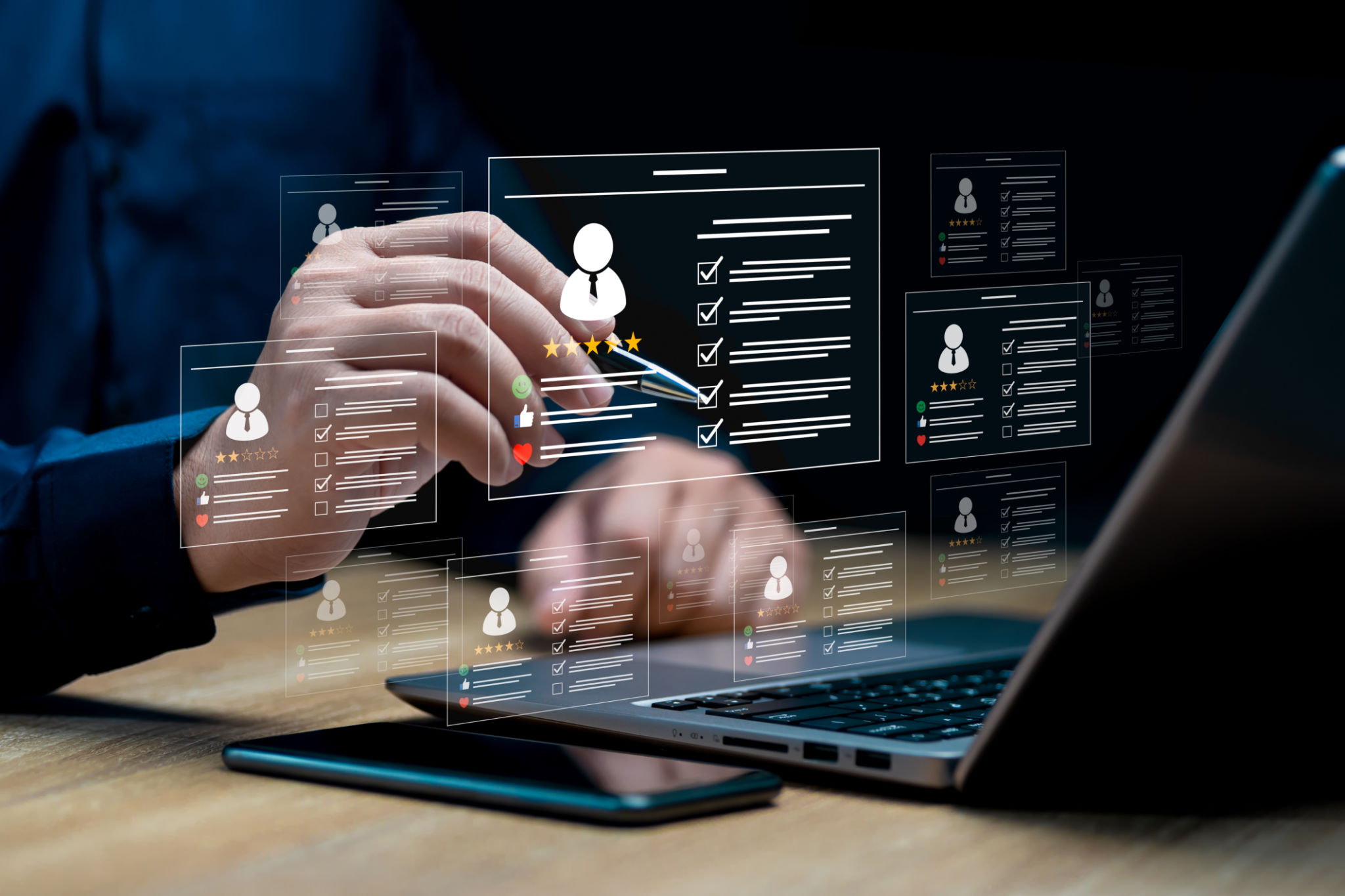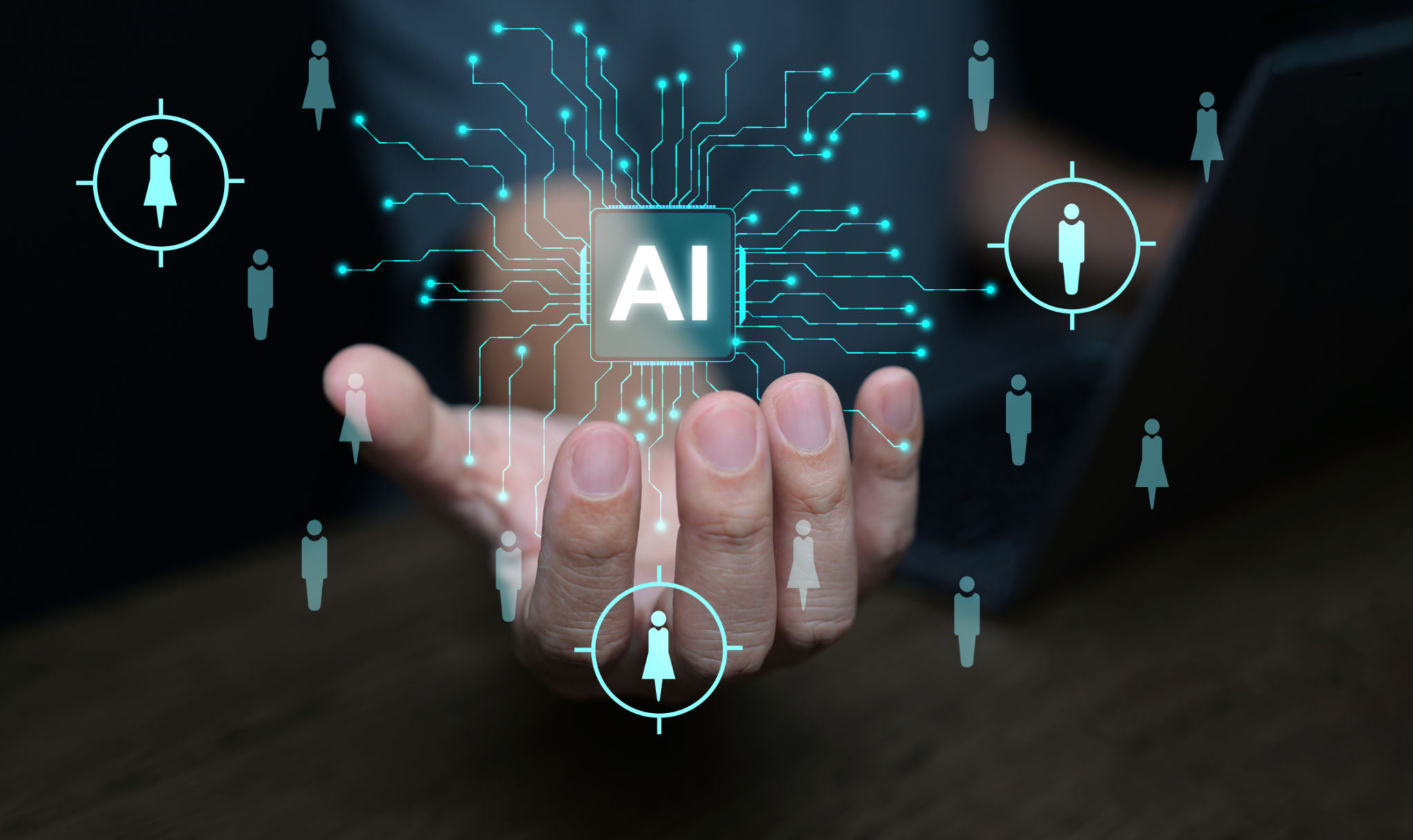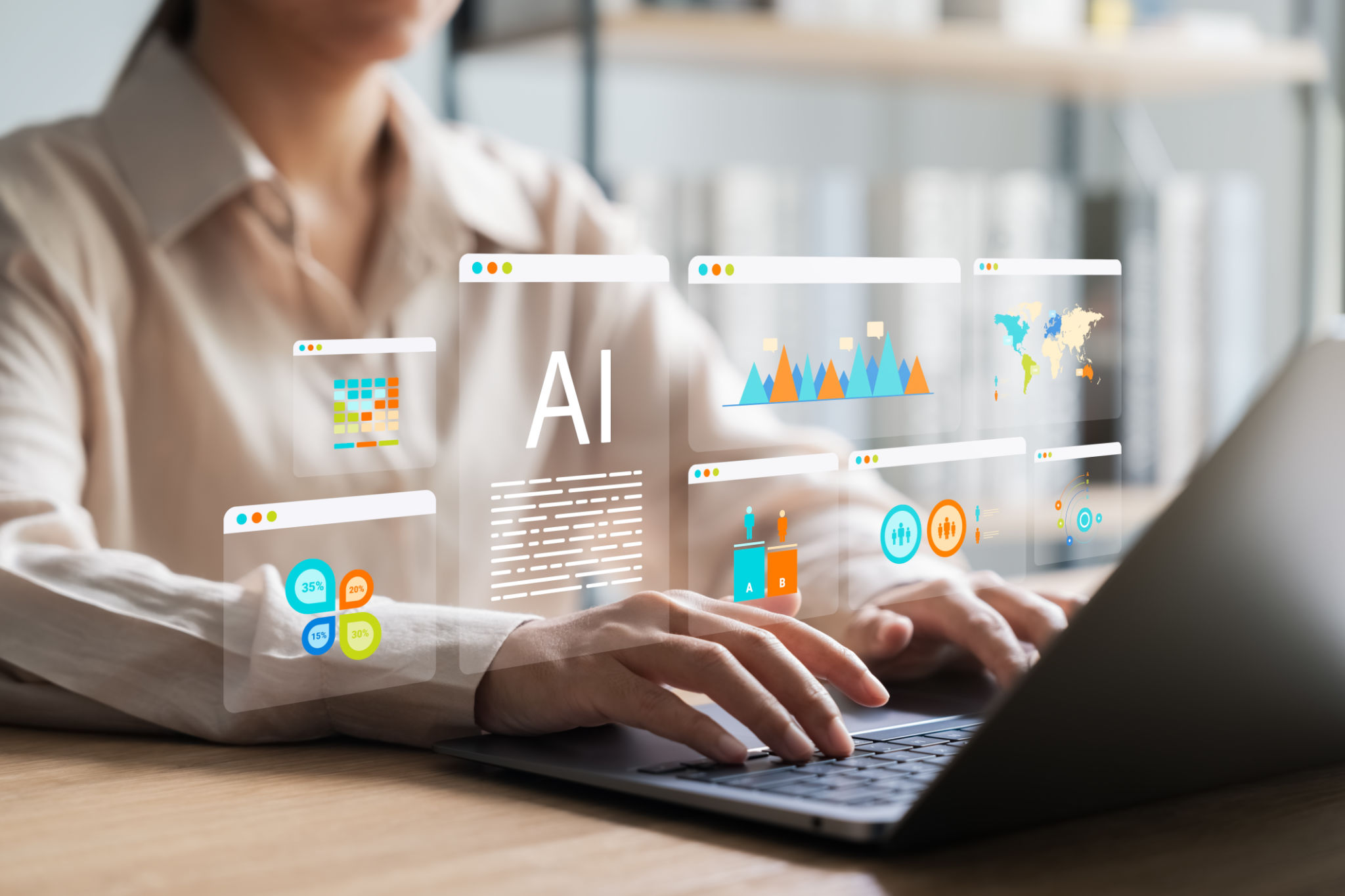AI Trends Shaping the Future of HR
Introduction to AI in HR
Artificial Intelligence (AI) is revolutionizing industries, and Human Resources (HR) is no exception. As organizations strive for efficiency and effectiveness, AI offers innovative solutions to enhance HR processes, allowing teams to focus on strategic initiatives rather than repetitive tasks.
AI in HR is not just about automation; it involves enhancing decision-making processes, improving employee experience, and fostering a more agile and responsive workplace culture. Let's explore some of the key AI trends shaping the future of HR.

Recruitment and Talent Acquisition
AI is transforming how organizations approach recruitment and talent acquisition. By leveraging machine learning algorithms, HR teams can analyze vast amounts of candidate data swiftly, ensuring that they identify the most suitable candidates for open positions. This results in a more efficient hiring process and reduces time-to-fill rates.
Moreover, AI-powered tools can help eliminate biases in recruitment by providing data-driven insights and recommendations. This enhances diversity and inclusivity in the workplace, fostering a more equitable environment for all employees.

Employee Onboarding and Training
The onboarding process sets the tone for an employee's experience within a company. AI can streamline this process by offering personalized onboarding experiences tailored to individual roles and preferences. Chatbots, for example, can serve as virtual assistants, guiding new hires through company policies and procedures.
Additionally, AI is revolutionizing training programs by delivering customized learning paths based on an employee's skills and knowledge gaps. This targeted approach not only improves employee satisfaction but also enhances productivity and performance.
Performance Management and Feedback
Performance management is crucial for employee development and organizational success. AI tools can provide real-time feedback and performance analysis, enabling managers to make informed decisions about employee growth and progression.
By utilizing AI-driven analytics, HR can identify patterns and trends in employee performance, allowing for proactive interventions and support. This leads to a more engaged workforce and higher retention rates.

Predictive Analytics and Workforce Planning
Predictive analytics is another area where AI is making a significant impact. By analyzing historical data, AI can forecast workforce trends and identify potential skill gaps. This enables HR teams to develop strategic plans that align with future business goals.
Workforce planning becomes more dynamic and responsive with AI, allowing organizations to adapt quickly to changing market demands and remain competitive.
Enhancing Employee Experience
AI is also enhancing the overall employee experience by offering personalized support and resources. From virtual wellness programs to AI-driven career development platforms, employees can access the tools they need to thrive in their roles.
Furthermore, AI chatbots can assist with everyday HR inquiries, reducing the workload on HR staff and providing employees with quick solutions. This fosters a more positive work environment, where employees feel valued and supported.

The Future of AI in HR
As AI continues to evolve, its role in HR will only expand. Organizations that embrace these technological advancements will be better positioned to attract top talent, enhance employee satisfaction, and achieve overall business success.
In conclusion, AI is not just a trend; it is a transformative force that is reshaping the future of HR. By staying informed about these developments, HR professionals can leverage AI to drive innovation and create a more efficient and effective workplace.
